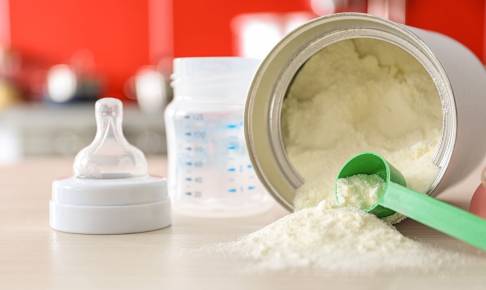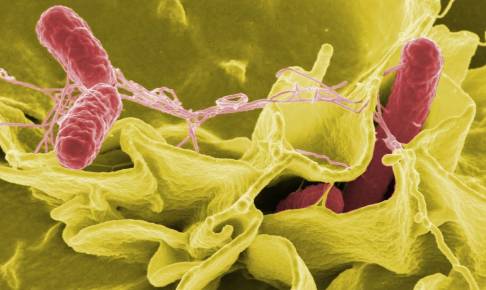Were there any notable food incident or food fraud trends in Europe due to COVID-19?
The second quarter of 2020 saw a drop in RASFF notifications, a plausible consequence of the pandemic measures, but has the anticipated increase in food fraud actually occurred?
It is hard to think of another event that has had such far-reaching effects in such a short period of time as the COVID-19 pandemic. We have been witness to substantial changes in all aspects of our lives as the risk posed by COVID?19 has directly influenced our behaviour and government decisions.
The food system has not been spared. It has dealt with an entire array of challenges in every step from farm to fork. We have seen widespread labour shortages due to sickness and movement restrictions; changes in consumer demand with some products selling like hot cakes while others gather dust on the shelves; closures of food production facilities; restricted food trade policies; the re-invention of the food service sector with restaurants, pubs, and cafeterias trying to survive by converting to takeaways and using on?line platforms; and physical inspections suspended and moved to remote audits. All these factors can have a negative impact on food safety as they contribute to stressing an already-weakened global food supply chain that is more vulnerable to incidents and frauds.
The recent trend in food recalls
Many reports have pointed out that food recalls (the only way we have to measure food incidents) have become more common in recent years (Potter et al. 2012; Gangcuangco 2018; Ducharme 2019). The sources of this phenomenon can be linked to:
- the increasing complexity of the global supply chain, where modern food manufacturing plants are getting bigger and bigger with higher probabilities of cross-contamination between processes;
- the concentration of ingredients and raw materials in the hands of a few suppliers where a disruption can cause a “ripple effect” with repercussions on multiple levels simultaneously from single manufacturers to entire countries;
- more rigorous and stringent regulation; and
- economic pressures, which can increase the probability of human error and bad decisions, including the escalation of food fraud.
While recall numbers, like most statistics, tend to ebb and flow, the current climbing numbers do not necessarily spell disaster. Rather, they may be an illustration of an industry that is on the right track towards keeping the global food supply safe. In fact, this increase in food recalls may be positive, as the growing numbers may suggest that more companies are voluntarily recalling their products, scientific testing and tracing methods are faster and more accurate, and inspection and control activities by the authorities are more efficient. Whatever the case, this trend should not be overlooked.
This ebb and flow has continued in 2020 as COVID-19 has created fertile ground for missing food issues that would normally be identified. In the midst of this pandemic, where all attention is focused on the “new enemy”, the more common foodborne pathogens can easily be overlooked.
We have certainly seen examples of recalls during the lockdown but in this new context, with the food industry facing multiple challenges, it is not surprising that quality and safety procedures have come under more scrutiny.
Food incidents during the COVID-19 pandemic
Bearing in mind that the Rapid Alert System for Food and Feed (RASFF) is bas
Download content now





















